Se explica:
Primero que nada "Rapsodia" es un tipo de pieza musical del siglo XIX e incluso de mucho antes pero su mayor auge fue en ese siglo y consta de diferentes temáticas que se suceden sin pausa.
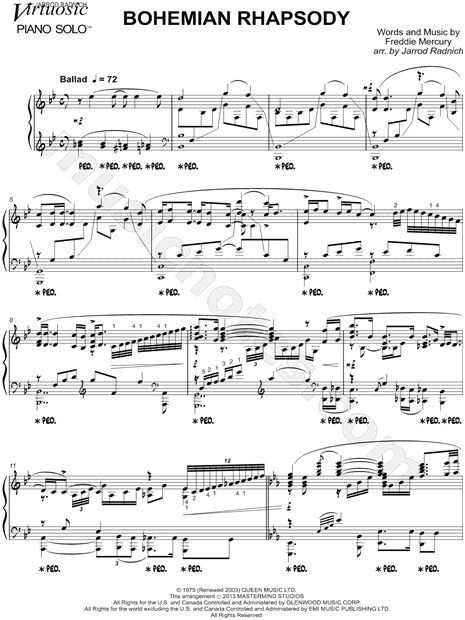
La palabra "Bohemia" hace alusión a la ciudad de Bohemia, actualmente Republica Checa anteriormente Europa centro-oriental, ciudad donde el Dr. Fausto en el relato de Goethe, hace pacto con el diablo a cambio de ganar fama como alquimista para luego morir trágicamente.
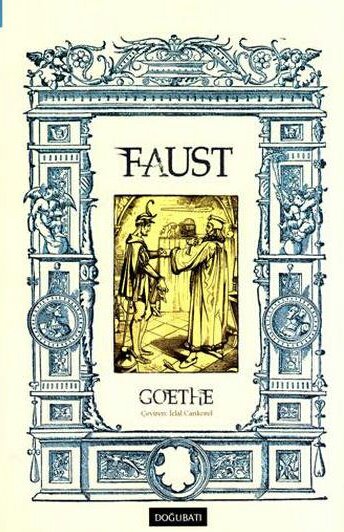
A su vez el relato de Goethe fue inspirado en Johannes Fausto conocido como "el Príncipe de los nigromantes" quien fue mago, astrologo, adivino, sanador y alquimista amigo de otros alquimistas como Cornelio Agrippa y Teofrasto Paracelso.
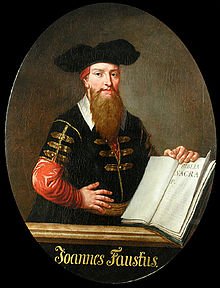
Pero volviendo al tema central "La Rapsodia Bohemia" al ser una pieza musical compuesta de 7 partes o actos muy similar a una opera fue la obra maestra de Queen compuesta por Freddy Mercury e incluida en el álbum "A night at the opera" (1975)
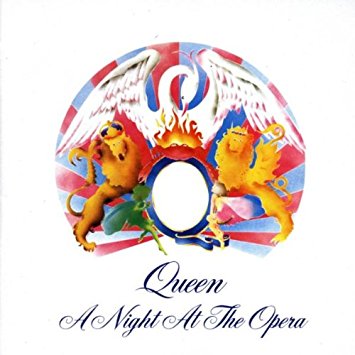
El primer acto es a capella, el segundo y tercero una balada, el cuarto acto un solo de guitarra, el quinto acto opera, el sexto acto rock y el séptimo o ultimo una coda o acto final.
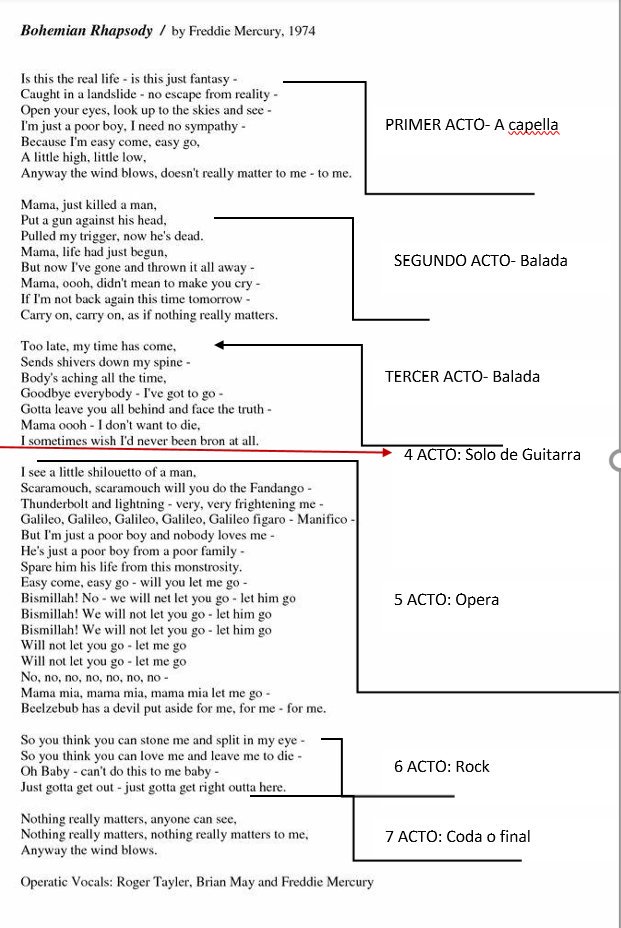
PRIMER ACTO: El pacto
El protagonista es un chico pobre (Poor boy) así que decide hacer pacto con el diablo porque su alma no le importa (anyway the wind blows, doesn't really matter to me)
Is this the real life?
Is this just fantasy?
Caught in a landslide
No escape from reality
Open your eyes
Look up to the skies and see
I'm just a poor boy, I need no sympathy
Because I'm easy come, easy go
A little high, little low
Anyway the wind blows,
doesn't really matter to me, to me.
Is this the real life?
Is this just fantasy?
Caught in a landslide
No escape from reality
Open your eyes
Look up to the skies and see
I'm just a poor boy, I need no sympathy
Because I'm easy come, easy go
A little high, little low
Anyway the wind blows,
doesn't really matter to me, to me.
La frase "Wind blows" o el "viento sopla" hace referencia al soplo (Viento) de la vida dado por Dios, que en sí es el espíritu de Dios que yace sobre nosotros. En pocas palabras, el alma. En la película "El quinto Elemento" usan esa frase, por cierto, película bastante esotérica.
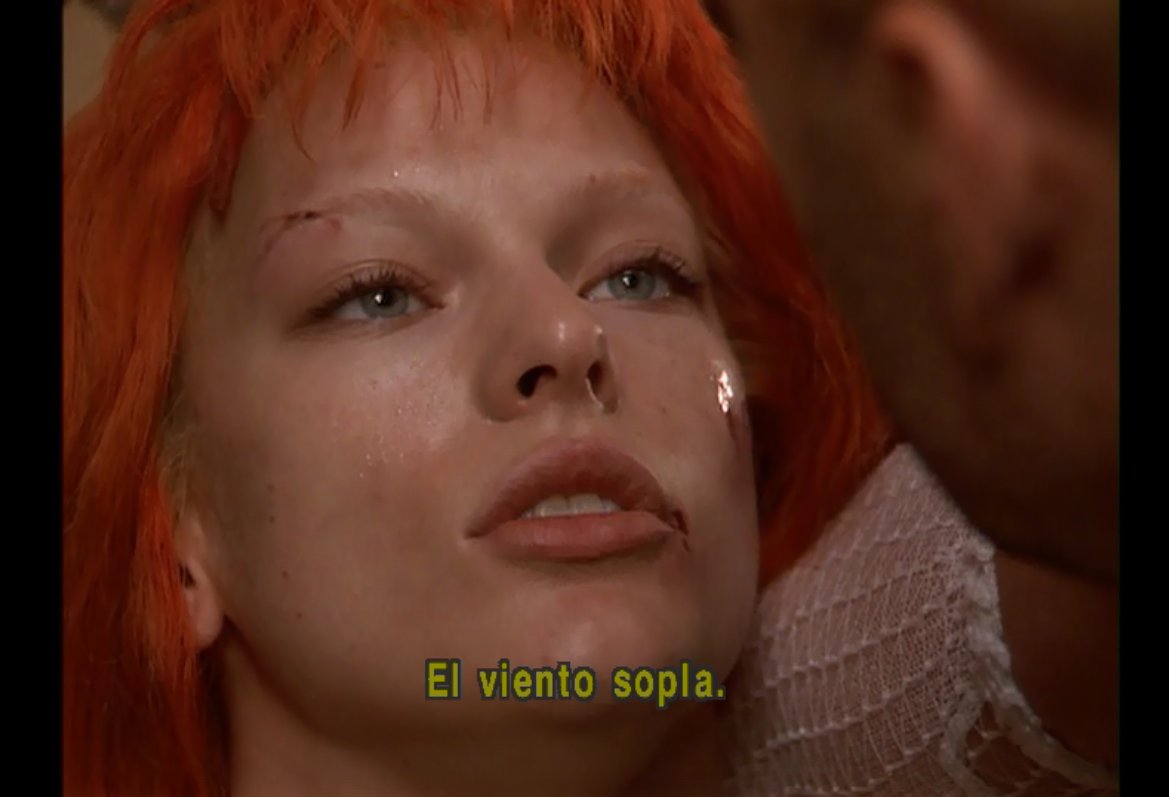
SEGUNDO ACTO: Confiesa a su madre el pacto
Le dice a su madre que asesino un hombre que es el mismo por estar condenado (Mama, just killed a man) y que a pesar de ser joven (life had just begun) decidió arruinarlo todo con el pacto (I've gone and thrown it all away)
Mama, just killed a man
Put a gun against his head
Pulled my trigger, now he's dead
Mama, life had just begun
But now I've gone and thrown it all away
Mama, ooo
Didn't mean to make you cry
If I'm not back again this time tomorrow
Carry on, carry on, as if nothing really matters.
Mama, just killed a man
Put a gun against his head
Pulled my trigger, now he's dead
Mama, life had just begun
But now I've gone and thrown it all away
Mama, ooo
Didn't mean to make you cry
If I'm not back again this time tomorrow
Carry on, carry on, as if nothing really matters.
También le dice que debido a eso podría morir en cualquier momento (if I'm not back again this time tomorrow) y que si eso sucede que continúe con su vida como si no importara (carry on, carry on, as if nothing really matters)
TERCER ACTO: Su muerte
Es su hora de morir (too late, my time has come) se despide de sus allegados (goodbye everybody) y le dice a su madre que no quiere morir mientras llora (Mama, ooo, I don't want to die) y desea no haber nacido para nunca haber hecho ese pacto.
Too late, my time has come
Sends shivers down my spine
Body's aching all the time
Goodbye everybody I've got to go
Gotta leave you all behind and face the truth
Mama, ooo (anyway the wind blows)
I don't want to die
I sometimes wish I'd never been born at all.
Too late, my time has come
Sends shivers down my spine
Body's aching all the time
Goodbye everybody I've got to go
Gotta leave you all behind and face the truth
Mama, ooo (anyway the wind blows)
I don't want to die
I sometimes wish I'd never been born at all.
CUARTO ACTO: El llanto de la madre
Este lo representa Brian May haciendo "Llorar" la guitarra en el solo cuando su sonido comienza a incrementar con intensidad.
. . .
QUINTO ACTO: La pelea entre ángeles y demonios por su alma
Comienza a ver el plano astral viendo su alma (I see a little silhouetto of a man) y demonios que lo asustan (Thunderbolt and lightning- very, very frightening me)
I see a little silhouetto of a man
Scaramouch, scaramouch will you do the fandango
Thunderbolt and lightning very very frightening me
Gallileo, Gallileo,
Gallileo, Gallileo,
Gallileo Figaro - magnifico.
I see a little silhouetto of a man
Scaramouch, scaramouch will you do the fandango
Thunderbolt and lightning very very frightening me
Gallileo, Gallileo,
Gallileo, Gallileo,
Gallileo Figaro - magnifico.
Los demonios son representados en muchas obras y películas como rayos debido a que cuando cayeron del cielo fue similar a como caen los rayos, en Lucas 10:18 Jesucristo dijo ver al diablo cayendo como un rayo del cielo.
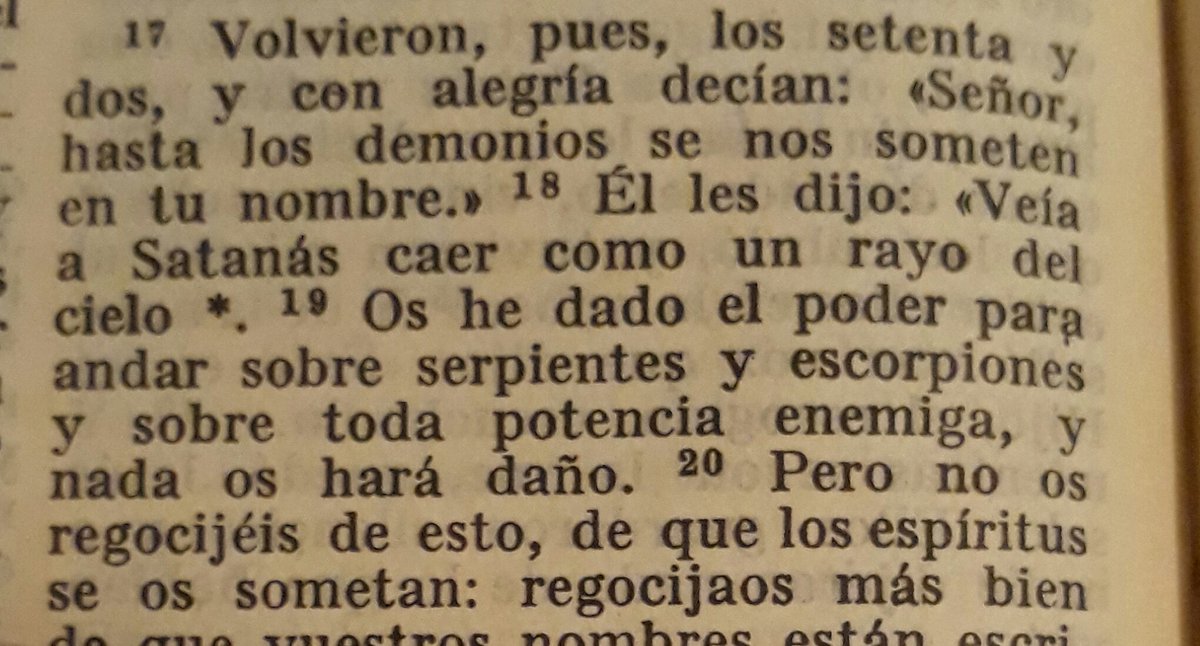
Su madre entonces pide por él diciendo que el solo es un chico pobre proveniente de una familia pobre y que eso lo llevó a hacer el pacto (He's just a poor boy from a poor family) y suplica que lo salven de ser llevado por los demonios (spare him his life from this monstrosity)
He's just a poor boy from a poor family
Spare him his life from this monstrosity
Easy come easy go will you let me go
Bismillah! No we will not let you go - let him go
Bismillah! We will not let you go - let him go
Bismillah! We will not let you go let me go.
Will not let you go let me go (never)
Never let you go let me go
Never let me go ooo
No, no, no, no, no, no, no
Entonces él al verse en medio de semejante tropel, le dice a su madre que deje de pedir por él porque igual el diablo "Beelzebub" le ha puesto un demonio a su lado para llevarlo (Mama mia, Mama mia, Mama mia let me go, Beelzebub has a devil put aside for me)
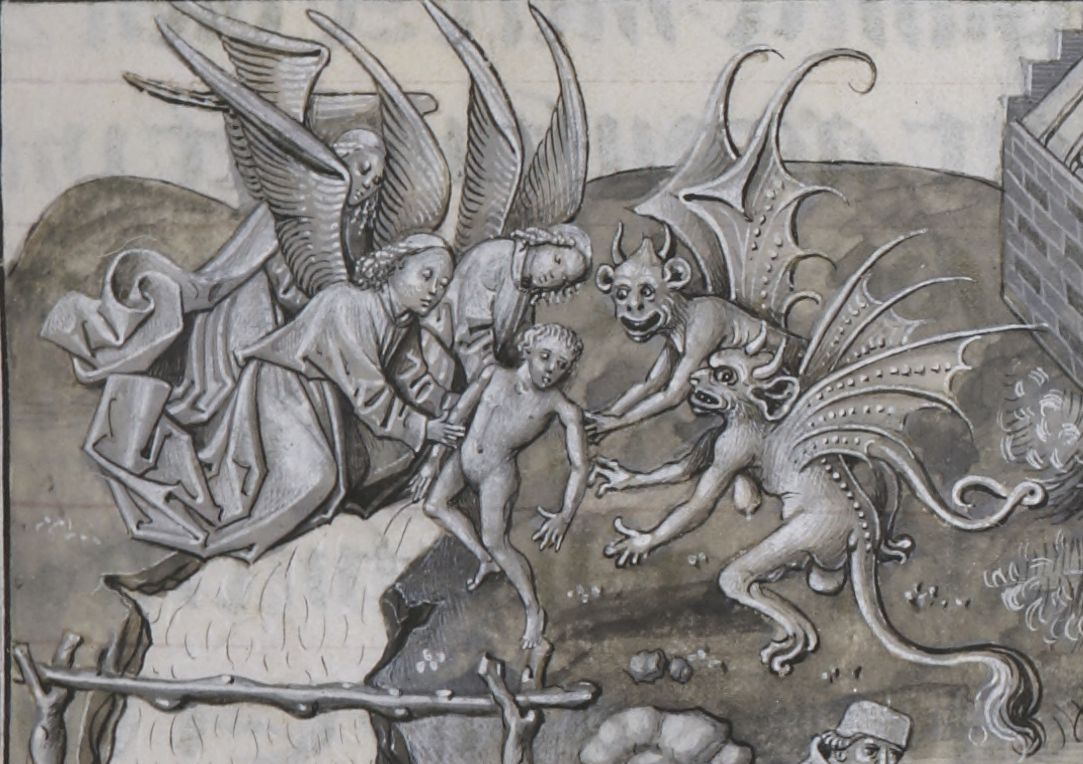
Oh mama mia, mama mia, mama mia let me go.
Beelzebub has a devil put aside for me
For me
For me
SEXTO ACTO: El diablo reclama
Aparece el diablo reclamando diciendo: "acaso crees que puedes burlarte de mi" (So you think you can stone me and spit in my eye) "Crees que puedes recurrir a mi para luego abandonarme" (So you think you can love me and leave me to die)
So you think you can stone me and spit in my eye
So you think you can love me and leave me to die
Oh baby, can't do this to me baby
Just gotta get out
just gotta get right outta here.
Pero al ver que sus demonios están perdiendo contra los ángeles que luchan por el alma del hombre, opta por huir del lugar (Just gotta get out, just gotta get right outta here)
SÉPTIMO ACTO: Anuncia que la canción es su confesión
No le importa que la gente lo vea y lo sepa (Nothing really matters, anyone can see)
Nothing really matters
Anyone can see
Nothing really matters nothing really matters to me
SÉPTIMO ACTO:
. . .
Esa línea final es seguida por un golpe de Roger Taylor a un gong, instrumento usado en monasterios en el extremo oriente de China para sanar a cualquier persona y eliminar espíritus malignos, por lo que es usado en ceremonias.
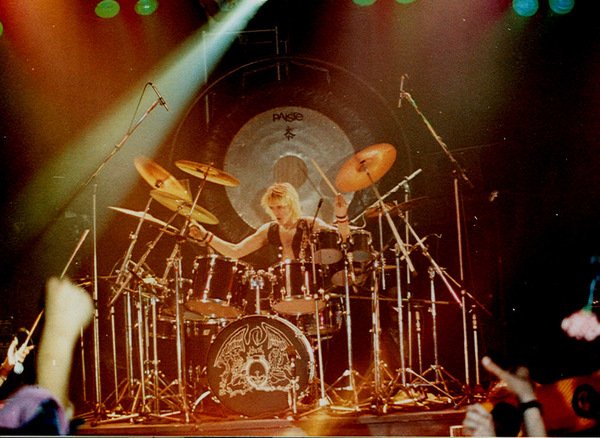
Así que tal vez Freddie Mercury logró burlar al diablo y preservar su alma o tal vez no, eso nunca lo sabremos pero lo que si sabemos es que fue uno de los más grandes artistas en la historia de la música.
FIN
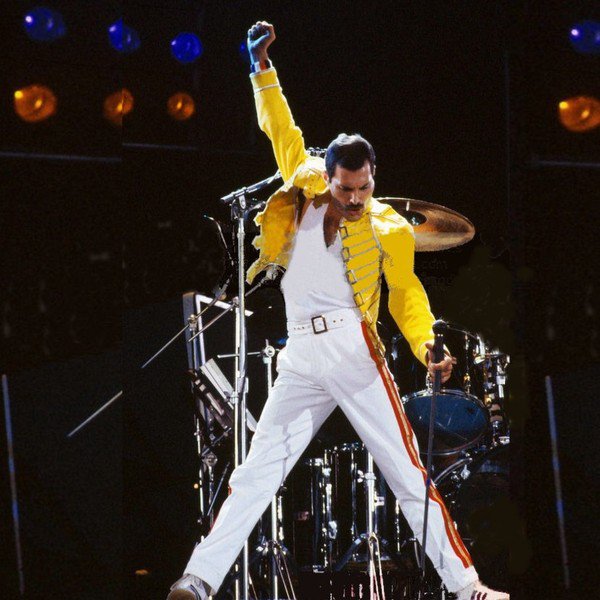
PD: Al próximo millenial que vean diciendo que su banda favorita es "Bohemian Rhapsody", muestrenle este blog y diganle que Beelzebub se les va a aparecer por hablar pendejadas sin saber.
